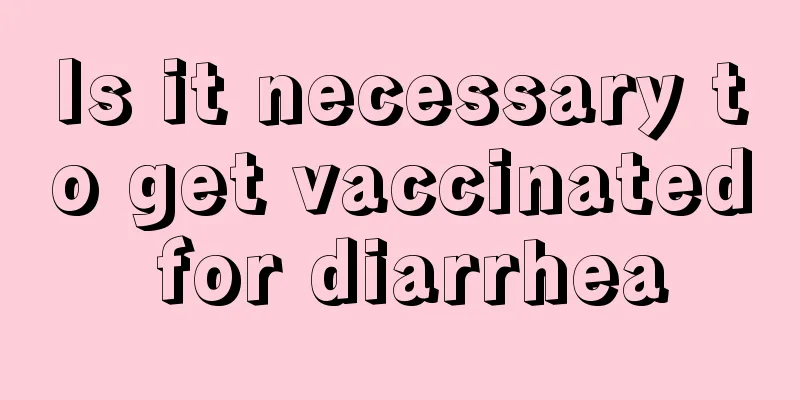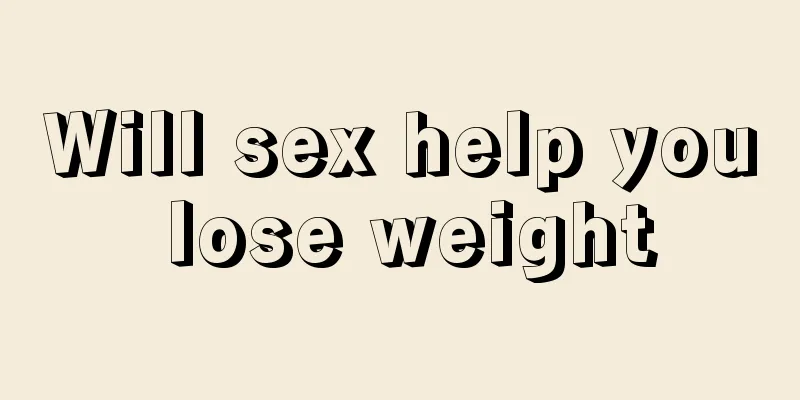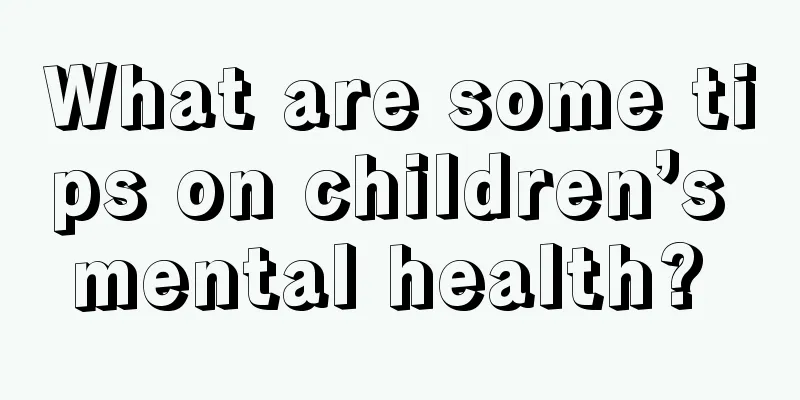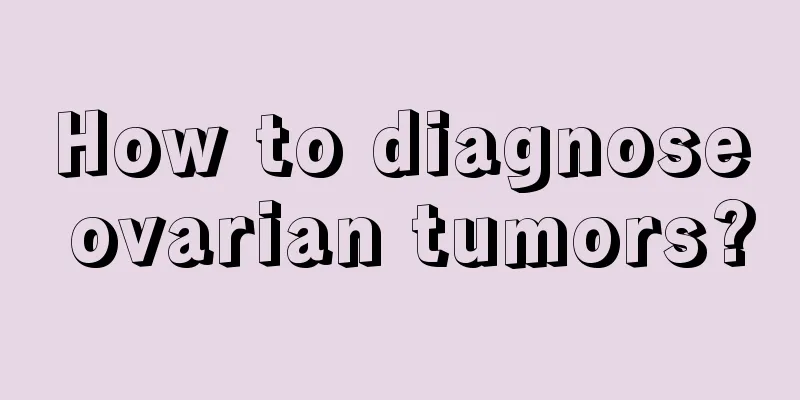Is it necessary to get vaccinated for diarrhea

|
Generally speaking, if a baby is sick, it is not suitable to vaccinate him during this period, because the baby's immunity is relatively low during the illness, and the vaccination may not be effective. It may also conflict with the pharmacology of the medication taken, which will make the illness more serious. It is recommended to wait a week until the medicine has worn off and the baby has fully recovered before getting vaccinated. It is best to explain the relevant situation to the doctor before vaccination to avoid unnecessary trouble that may cause other discomfort to the baby. It is very important for babies to get vaccinations, which is related to the baby's physical health. After the baby is born, we must start to cooperate with relevant departments regularly to give the baby vaccinations. But sometimes when it is time for the injection, the baby is found to have diarrhea. So, can the baby get vaccinations if he has diarrhea? Can babies get vaccinations for diarrhea? Experts suggest that it is best not to give your baby vaccinations while he or she is suffering from diarrhea, as this is likely to aggravate the child's condition, which would not be worth the cost. Because the prerequisite for vaccination is that the child is in good health, otherwise it is easy to aggravate the condition. In addition, it is difficult to distinguish and judge the reaction results after the reaction occurs. It is not too late to vaccinate after the child has recovered. Simply put, if the baby does not have any other diseases while suffering from diarrhea, oral vaccines such as rotavirus vaccine should be given after the baby's diarrhea is cured. This is because the drug is excreted immediately after oral administration, and its effect on the body is too small, which means it is less effective or even ineffective. Then it depends on whether the child has short-term diarrhea or long-term diarrhea. Doctors generally recommend that the child be vaccinated after he or she recovers from the illness. What is advocated now is timely vaccination, but it is not recommended to get vaccination when you are sick. However, in certain special circumstances, such as when a virulent infectious disease is prevalent and has seriously threatened people's health, it is necessary to consider that the harm of the infectious disease is the primary, while the reaction of vaccination is secondary. The regulations on not giving vaccinations should be appropriately relaxed, but this should be decided by the doctor, not by the parents. Therefore, if the baby has diarrhea, parents should communicate with the doctor before making a decision if they want to give the child a vaccination. How to prevent baby diarrhea First of all, to prevent your baby from diarrhea, the easiest way is to breastfeed your child. Because breast milk is easy to digest and contains immune cells and antibodies, babies who are breastfed are less likely to suffer from diarrhea. Even if diarrhea occurs, it rarely causes long-term chronic diarrhea. Secondly, developing good hygiene habits is also a preventive measure. Pay attention to the cleanliness of your hands and the disinfection of baby bottles. The brewed milk should not be left for too long to avoid the growth of bacteria. If you are starting to let your children take complementary foods, remember to follow the principle of starting with single items and small amounts. If your child already has diarrhea, don't worry. Just reduce your food intake appropriately and choose easily digestible foods. For example, babies can eat medical milk powder that has lactose, which is difficult to digest, removed. Older children can eat non-greasy porridge and steamed buns. Again, in terms of medication, for enteritis caused by bacteria, appropriate antibiotics can be selected according to the bacterial species. If it is viral enteritis, there is no special medicine and the baby's own immune system must be relied upon to overcome it. Finally, don’t worry too much about your baby’s diarrhea problem. As a mother, as long as you take good care of your baby, your baby will be able to get through this period safely. Also, because the baby's skin is delicate, watery stools will irritate the skin and cause inflammation, so mothers should not forget to clean the baby's butt with warm water and keep it dry after the baby has diarrhea. |
<<: What to do if you have a fever after getting hand and foot vaccines
>>: Treatment of suppuration caused by BCG vaccine
Recommend
Early signs of domestic violence tendency
Many people have obvious tendencies towards domes...
What are the best treatments for vitiligo
Vitiligo is no longer uncommon in our lives. The ...
What is the reason for severe hair loss
When it comes to the issue of hair loss, I believ...
How to get rid of facial swelling in the morning
Many people can feel facial swelling after gettin...
How to clean a new refrigerator
Refrigerators play a very important role in our l...
Will breast cancer cause dizziness and nausea?
Once breast cancer patients experience dizziness ...
How to apply nail polish beautifully, this is the best way to apply it
As a woman who loves beauty, how can you not appl...
What are the side effects of vitamin E
Vitamin E is a natural antioxidant that is relati...
Digesting too quickly makes you hungry
The digestive function of our stomach and intesti...
How many times should prostate cancer be treated with radiotherapy
So far, the main methods for treating prostate ca...
Early treatment methods for teratoma
Ovarian teratoma is a congenital tumor, mostly fo...
Sitting in the office for a long time can lead to a high incidence of cervical cancer. What are the other causes of cervical cancer?
According to statistics from the World Health Org...
What medicine can be used to treat complications of bladder cancer? What are the symptoms of complications of bladder cancer?
Clinically, many diseases will cause complication...
What tests should be done for pituitary tumors
What examinations should be done for pituitary tu...
Symptoms of laryngeal cancer include pain in the inner ear
Symptoms of laryngeal cancer include pain in the ...









